- The ruling Labour Party (PL) promised constitutional protection for traditional hobbies after the Nationalist Party (PN) proposed a constitutional right to a clean and sustainable environment.
- Constitutional protections against environmental crimes are non-enforceable in court, and penalties are mild.
- Malta already has legal tools to protect traditions under UNESCO’s Convention and the Cultural Heritage Act, but hunting, trapping, fireworks and shooting are not listed as intangible heritage.
- Many traditional Maltese pastimes rely on open spaces, from fireworks and hunting to village feasts, meaning both environmental degradation and overdevelopment threaten them more directly than environmental laws do.
- Any Maltese law that breaches EU law is unconstitutional, meaning constitutional protection could not shield practices like bird trapping, which the EU Court has ruled illegal.
- Spain legally protects traditional bullfighting, and Canada, Australia and New Zealand legally recognise traditional native hunting and fishing, but in court it is up to defendants to prove they were practising traditional hunting or fishing.
- The Constitutional Court’s rulings are not automatically binding, so constitutional “protection” offers little practical security for either hobbies or the environment.
- Overall, claims that only constitutional protection can safeguard hobbies are politically convenient but legally weak.
From hunting and fireworks to village feasts, many Maltese pastimes depend on open spaces. In the wake of the opposition Nationalist Party’s (PN) voted-down attempt to enshrine the right to live in a clean, healthy, and sustainable environment, Prime Minister Robert Abela pledged constitutional safeguards for traditional hobbies, portraying his party as their only “guarantee.”
The debate has pitted environmental protection against the preservation of tradition. But is that really the case? And has “constitutional protection” become a buzzword that means little in practice?
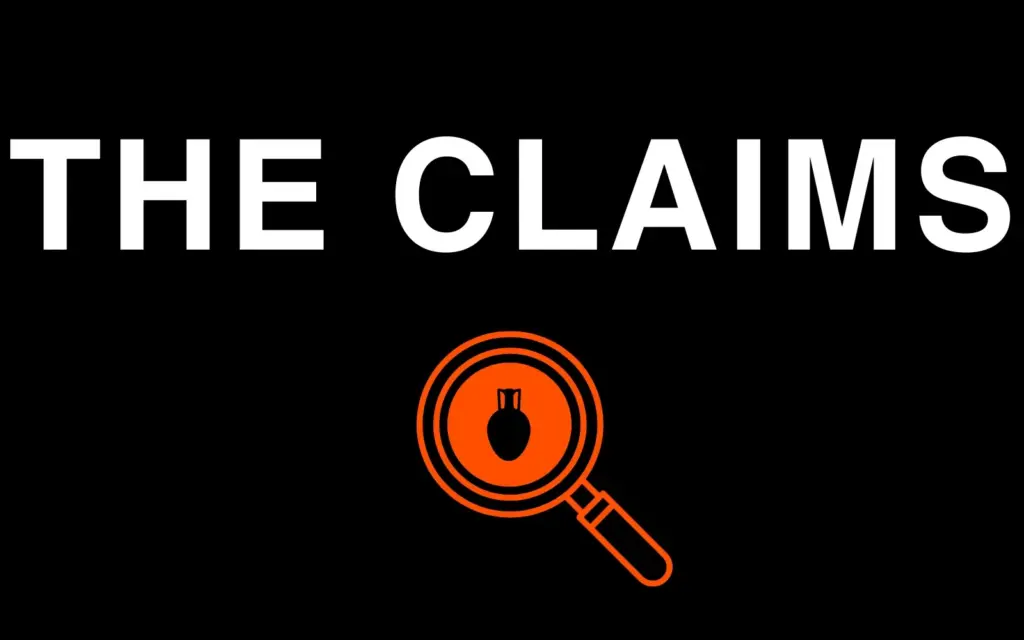
On 12th October, Prime Minister Robert Abela promised constitutional protections for traditional hobbies and said that the Labour Party is the only guarantee for amateurs and hobbyists.
He did so in reaction to the opposition’s motion to enshrine a right to a clean and sustainable environment as a constitutional right.
Abela told the Times of Malta that this proposal was “contrary to what others tried to do, who attempted to take away that protection and deprive [hobbyists] of their pastime.”
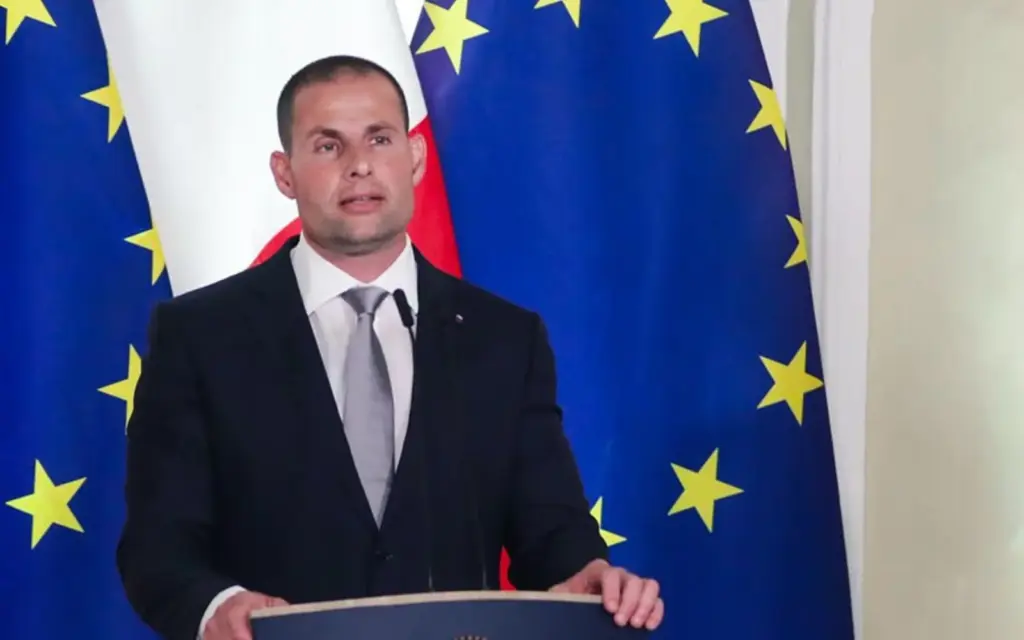
Abela also said that he would offer constitutional safeguards to ‘all traditions’, including hunting and trapping during a limited season.
“We know the challenges hunting and trapping face locally and in Europe. But traditions like fireworks, feasts, and sports, sometimes taken for granted,” are now at risk, Labour Party MEP Alex Agius Saliba said.

“Will this give me, as a citizen, the right to play hopscotch out in the streets, as we used to in the past?” Birdlife Malta’s Darryl Grima told the Malta Independent.
A green paper published by the government after the PN’s the proposal claimed “Safeguarding the environment is a national priority” and that “the country’s commitment to environmental protection is demonstrated through a robust framework of constitutional provisions and international legal agreements.”
According to reports, Parliamentary Secretary for Reforms Rebecca Buttigieg claimed on national TV that the environment as a human right was already in the constitution, which is not the case.

The government’s proposal and protection of tradition:
Malta’s government is yet to present a bill regarding the constitutional protection of hobbies.
In its 2022 electoral manifesto, the PL had a section on recreation and hobbies. It made promises for caravan, camping and picnic enthusiasts, and promised green networks for ramblers, hikers and all those who visit the Maltese countryside.” It also mentioned amateur fishing and promised safeguarding “equal and equitable” hunting and trapping in line with EU directives.
However, several safeguards are already available.
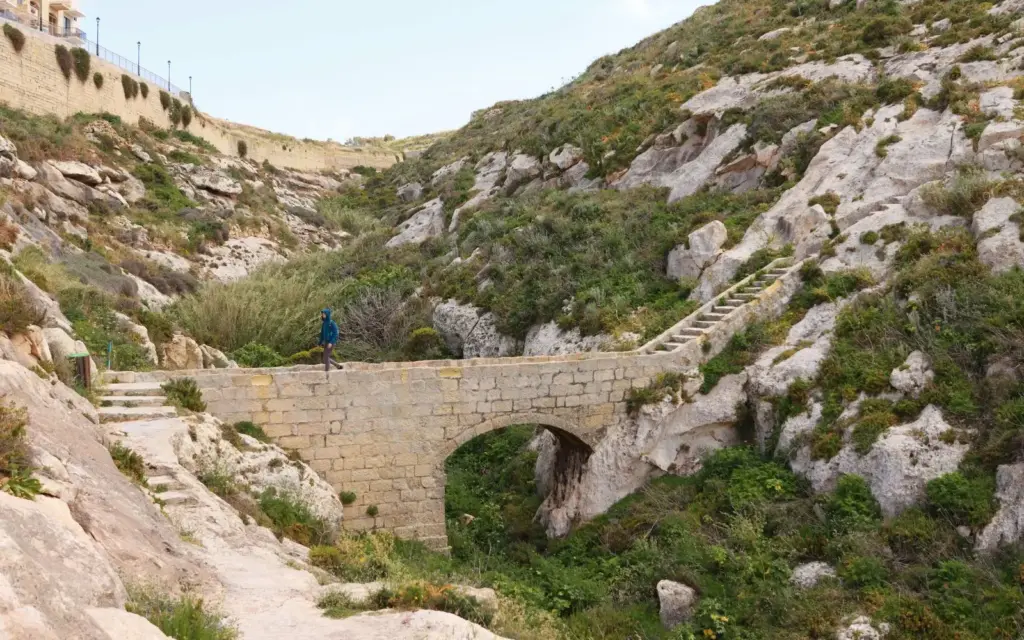
Malta has ratified UNESCO’s Convention for the Safeguarding of the Intangible Cultural Heritage. “Intangible cultural heritage” can refer to social practices, rituals and festive events, and the signatory countries are committed to “take the necessary measures to ensure the safeguarding of the intangible cultural heritage present in its territory”.
Malta’s Cultural Heritage Act defines cultural heritage as including “intangible cultural assets comprising arts, traditions, customs and skills employed in the performing arts, in applied arts and in crafts and other intangible assets which have a historical, artistic or ethnographic value”.
According to this law, “every citizen of Malta as well as every person present in Malta shall have the duty of protecting the cultural heritage as well as the right to benefit from this cultural heritage through learning and enjoyment.”

The state, in turn, “shall have the duty of establishing and maintaining administrative and regulatory structures of superintendence so as to ensure that this heritage is protected and conserved”.
Malta’s inventory of intangible heritage includes the traditional village feast, falconry, sea salt harvesting and other practices, but not fireworks, hunting, trapping and shooting.
Malta had the option to sign the Council of Europe’s Faro Convention, which defines cultural heritage and demands that “exercise of the right to cultural heritage may be subject only to those restrictions which are necessary in a democratic society for the protection of the public interest and the rights and freedoms of others.” But it did not sign it.

It is unclear how the constitutional protection would address challenges of high population density and fragmented land.
Speaking at a Labour Party event, Lucas Micallef, president of the National Association of Hunters and Trappers (FKNK), said, “If we do not have a natural environment to go to, if we do not have rural spaces, we cannot practice what we love so much.”
What’s happened abroad?
Specifically on hunting, different legal traditions exist in Europe. Polish academics have noted that falconry, for example, is “is considered to be a form of intangible heritage manifested in knowledge and practices regarding nature and the universe”, but English fox hunting with dogs is not and has been banned.
“The heritage cultivated by hunters should not be reduced to some open-air folk museum. It should be a living element valuable for the cultural cohesion of local communities, their connections and sensitivity to the natural environment,” the authors argued.
Canada, Australia and New Zealand legally recognise traditional native hunting and fishing, but their criminal systems impose “burden of proof of traditional practice as a defence”.

In 2013, Spain adopted a law to enshrine bullfighting as a heritage practice – the law is still in force despite a petition for the “No Es Mi Cultura” campaign to remove the protections gathering over 700,000 signatures, according to the campaign organisers.
The law establishes that the government must guarantee Spaniards the right to practise bullfighting freely, subject to applicable regulations. Bulls used for fighting, as well as hunting dogs, are excluded under the 2023 national animal welfare law.
PN’s proposal
PN’s bill, presented by Darren Carabott, was debated in two parliamentary sessions. It aimed to add the environment among rights to ‘enjoy’ alongside property and the protection of the law.
“All persons in Malta shall have the right to live in a clean, healthy and sustainable environment,” the proposed article read.
It specified that “a person bringing such an action shall not be required to show any personal interest” when pursuing contravening actions.

The Opposition’s proposal had courted significant criticism from the government and lobbyists, some of which were tabled in parliament. These included The National Band Clubs Association, The Malta Maritime Forum, FKNK, The Malta Shooting Sport Federation, and the football association.
Kaċċaturi San Ubertu, another hunters’ organisation, voiced its support for making the protection of the environment constitutionally enforceable, but added that “if environmental rights are to be recognised in the Constitution, then the same consideration should be given to the incorporation of the right to practice traditional and regulated hunting and trapping.”
The opposition’s proposal was shot down in Parliament with 32 votes in favour, and 40 against. PL MPs all voted against the proposal.
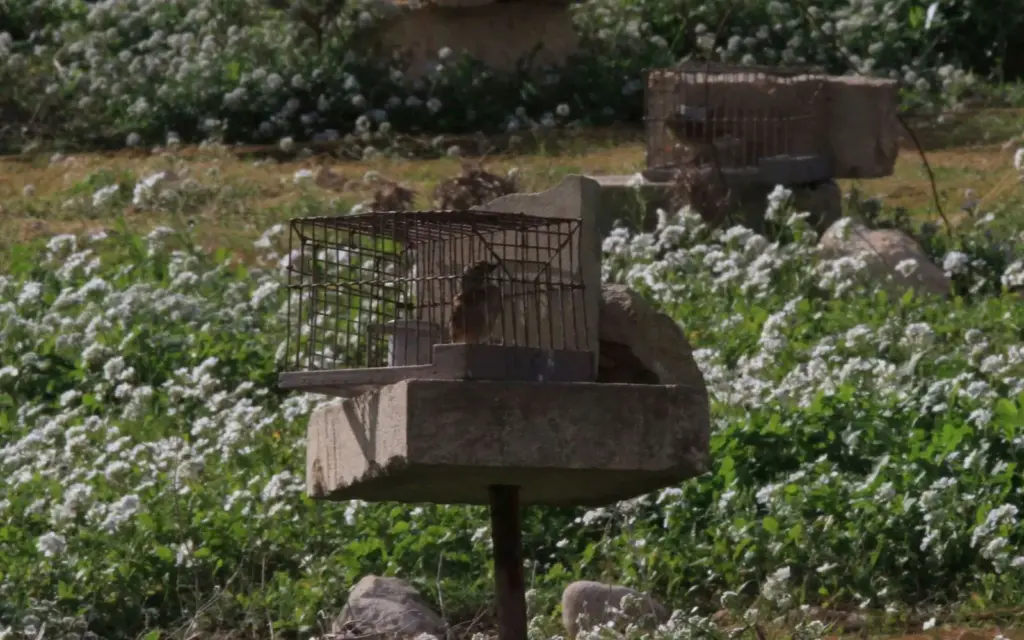
A right to clean, healthy and sustainable environment was promised in PN’s 2023 guidelines. The proposed bill defined environment as including “the social conditions, aesthetic coherence and cultural attributes”.
On hobbies, the PN’s electoral manifesto singled out “festivals, celebrations, and other manifestations”, and promised to “take all the necessary decisions not only to prevent these habits from being lost but to strengthen them.” It did not mention hunting and trapping.
Legal protections of the environment
Currently, Malta’s constitution states that “the State shall protect and conserve the environment and its resources for the benefit of the present and future generations and shall take measures to address any form of environmental degradation in Malta” in Declaration of principles, which are not enforceable in court.
In comparison:
- The Spanish constitution contains the clause that “Everyone has the right to enjoy an environment suitable for personal development”;
- The Greek constitution enshrines a right to a natural environment;
- The Portuguese constitution protects the right to a “healthy and ecologically balanced human living environment”;
- The Slovak constitution establishes that “Everyone has the right to a favourable environment” and “No one may endanger, or damage the environment, natural resources, and the cultural heritage beyond the extent laid down by law”.
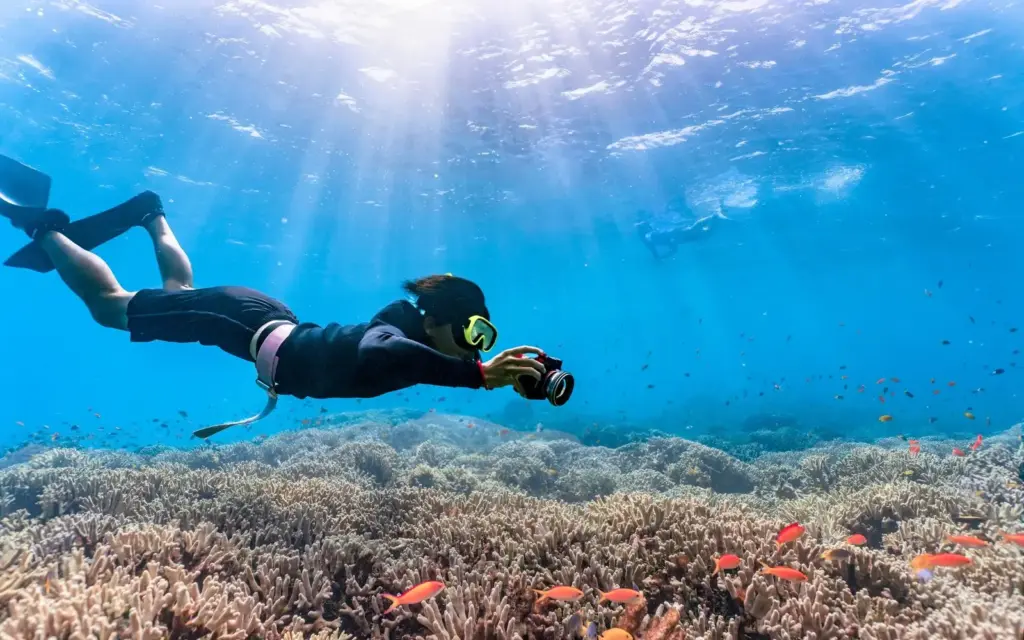
In a 2022 resolution, the UN’s General Assembly recognised “the right to a clean, healthy and sustainable environment as a human right”.
Malta has the Environment Protection Act. It stipulates that “It shall be the duty of every person and entity, whether public or private, to protect the environment” and “It shall be the duty of the Government to protect the environment for the benefit of the present and future generations”. Those provisions are not enforceable in court.
The Crimes against the Environment Act lists several offences that include radiation, pollution, and the destruction or trading in protected species.
If the crime does not harm humans, the punishment is set at “imprisonment for a term not exceeding six months or to a fine (multa) not exceeding one thousand euro.”

The government’s green paper acknowledges that “evolving challenges such as climate change, biodiversity loss, and pressures on natural resources demand further strengthening of existing laws” and that “Responsible execution also entails collaboration with citizens, businesses, and eNGOs so that compliance becomes part of a shared culture of environmental responsibility.” It does not mention courts, police or environmental crime.
Is the constitution an effective safeguard?
When Malta joined the European Union, the European Union Act gave EU law supremacy over Maltese law. It specifies that any Maltese law conflicting with Malta’s EU obligations or with rights derived from EU law is “without effect and unenforceable.”
EU Law vs Malta’s Constitution
For Malta, bird trapping is a clear instance where traditional hobbies clash with EU law.
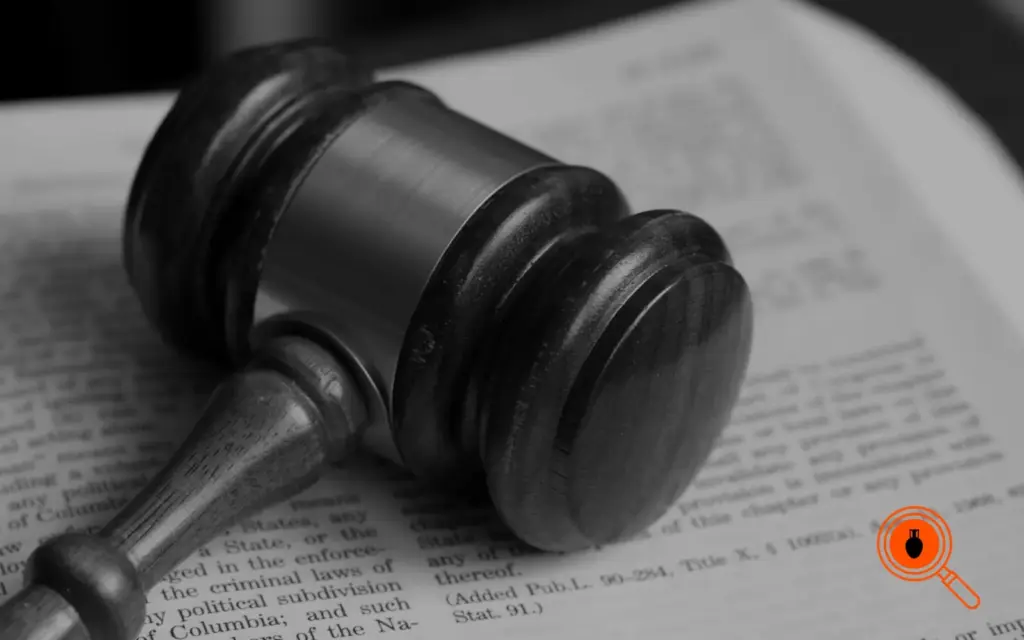
According to the jurisprudence of the Maltese Constitutional Court, a law that breaches EU law is contrary to the Constitution. Last year, the Court of Justice ruled that the bird trapping derogation is in breach of EU law.
If a right to traditional hobbies were added to the constitution, but the practice of those hobbies clashed with EU law, the constitutional ambiguity would have to be either anticipated and addressed in legislation or resolved in case law, potentially inundating the Constitutional Court.
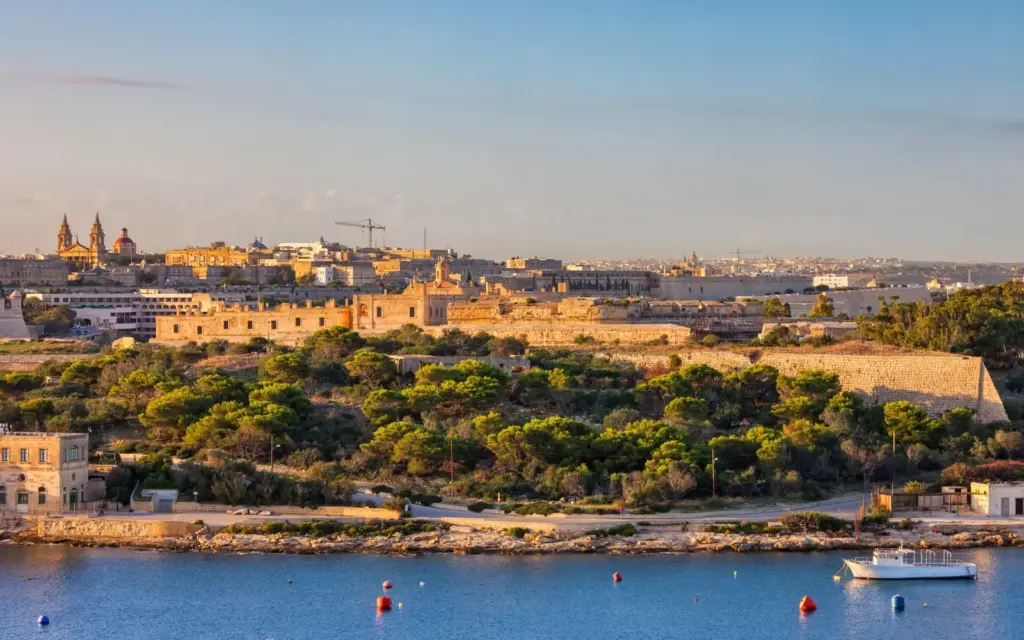
Implementation
Meanwhile, there are regular concerns over the applicability of constitutional court decisions in Malta to actual legislation.
The constitution contains Chapter II, in which “The provisions […] shall not be enforceable in any court, but […] it shall be the aim of the State to apply these principles in making laws.”
In its latest rule of law report, the European Commission highlighted that it is “up to Parliament to repeal or amend laws found unconstitutional”.
This means that “unconstitutional laws remain valid until Parliament repeals them”.
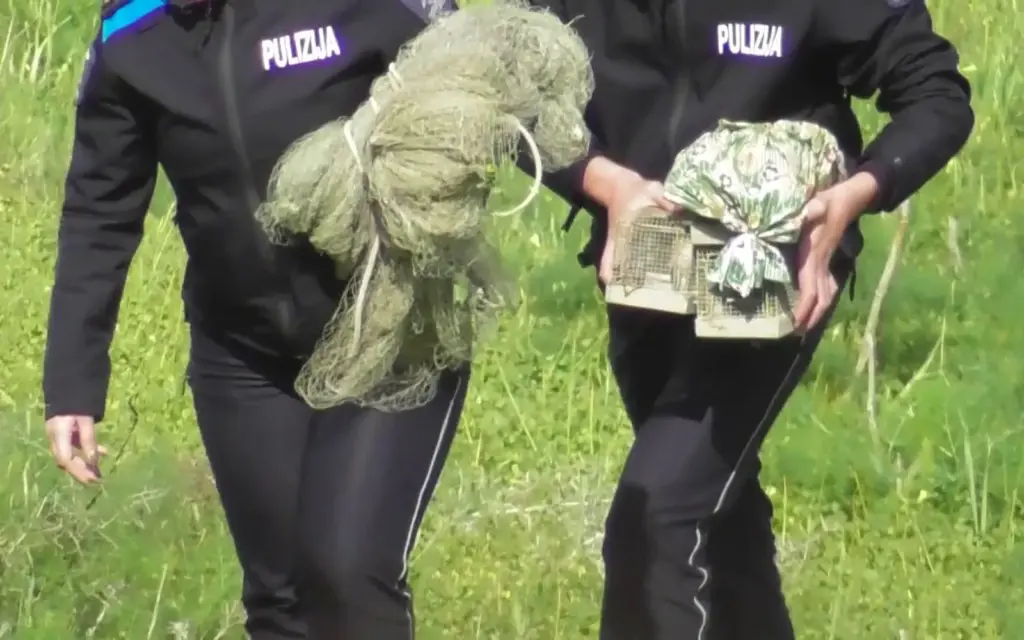
If any national or EU law were to conflict with constitutional provisions, even a Constitutional Court ruling in one case would not mean that the uncertainty would be resolved for all similar cases, because “judgments of the Constitutional Court lack universal applicability.”
As is the case in human rights cases, or even old rent laws, constitutional redress is not an effective remedy in Malta, and judgments of the Constitutional Court lack universal applicability.
Carabott’s bill addresses these limitations by prescribing direct court intervention.
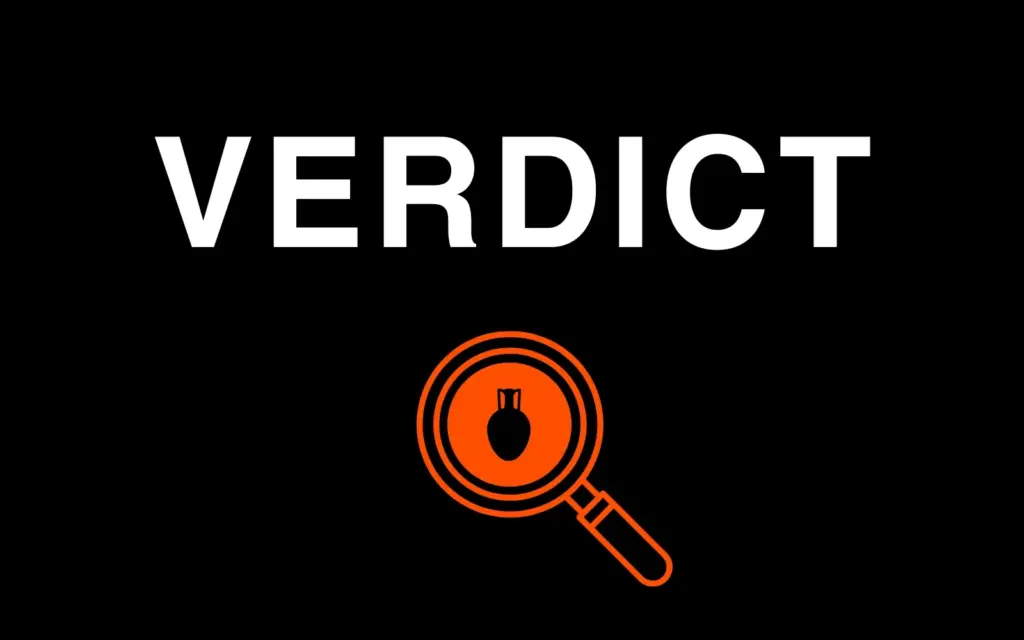
Malta’s constitutional and legislative framework means that rulings by the Constitutional Court lack universal applicability. This weakens constitutional protection, whether for hobbies, traditional practices, or the environment.
For example, although the Constitution already contains environmental provisions, key laws remain weak and often preclude effective litigation.
Alarmist claims that stronger environmental protections in the Constitution would spell the end of traditional hobbies are difficult to justify, as are the claims that hobbies can only be protected by the Constitution.
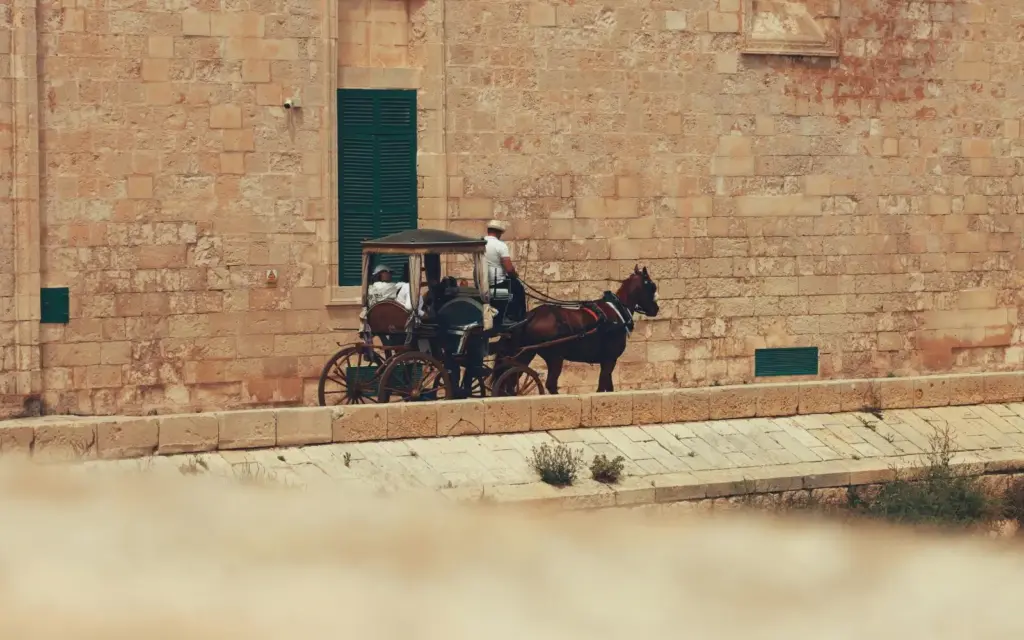
Malta has failed to use existing tools to protect certain hobbies as intangible cultural heritage, the way it has done with village feasts and falconry. Nor has it signed the relevant Council of Europe convention requiring that restrictions on traditional practices be properly justified.
Ultimately, politicians’ assertions that constitutional safeguards are the only guarantee for hobbyists are misleading.
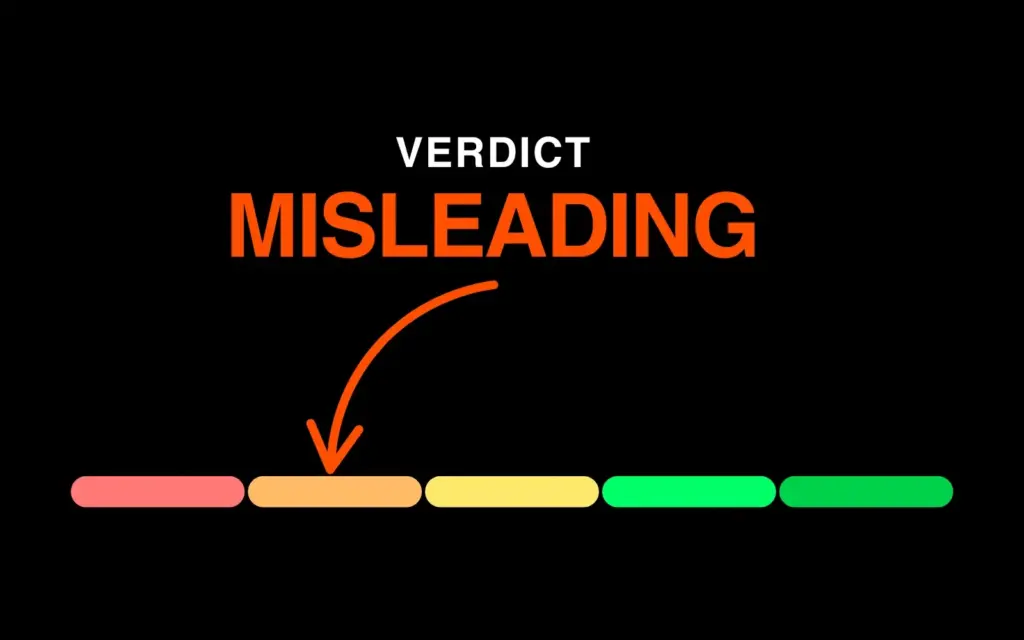
This project is supported by the European Media and Information Fund. The sole responsibility for any content supported by the European Media and Information Fund lies with the authors and it may not necessarily reflect the positions of the EMIF and the Fund Partners, the Calouste Gulbenkian Foundation and the European University Institute.

